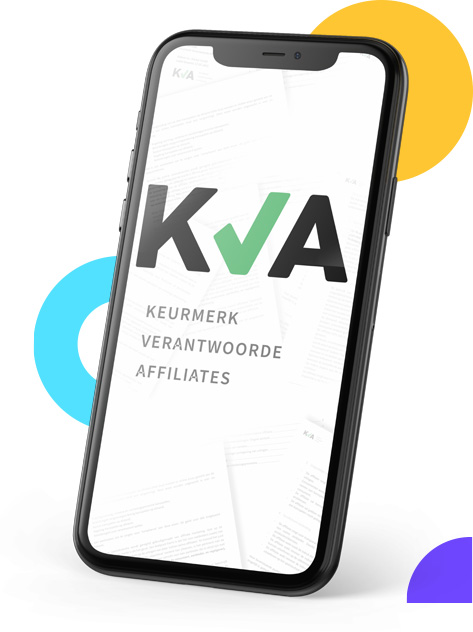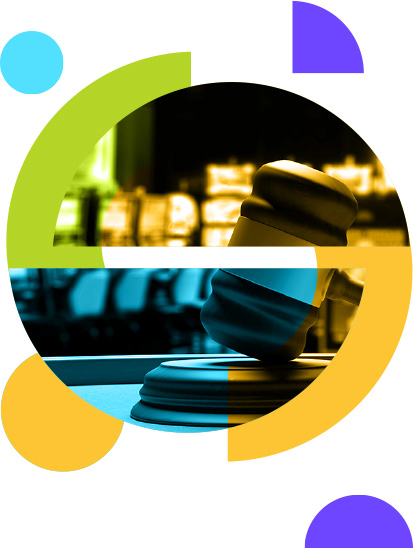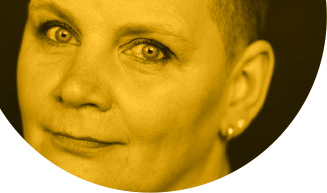
Preventing gambling-related harm and gambling addiction is high on the agenda within the Dutch online gambling sector. A Duty of Care Online department is being established by the Gaming Authority (Ksa) and the spearhead of the supervisory agenda for 2024 is duty of care. Regulated Dutch online casinos are continuously monitored by the Ksa for compliance with addiction prevention policy. And prior to receiving the license, the addiction prevention policy proposed by the gambling company is fully examined.
Where the Netherlands was already strict with this legislation when the online gambling market opened in 2021, new rules are constantly coming into effect that attempt to protect consumers even better. These include the Decree on Untargeted Advertising in Remote Gambling (contained in Article 2ab of the Decree on Recruitment, Advertising and Addiction Prevention of Gambling ), the Regulation on Gaming Limits and More Conscious Gaming Behaviour and the updated version of the Responsible Gaming Policy Rules . This means that players are less exposed to advertising and are faced with deposit limits at online casinos.

But what about the illegal online casinos?
We regularly hear about the growth of the illegal online gambling market, mainly because the Dutch market is becoming more vigilant on rules and legislations. The restrictions (among others: ban on autoplay, bonus restrictions for young adults, ban on 'bonus buy') that apply in the Netherlands, do not apply to illegal online casinos. This can be attractive to players.
Centrum voor Verantwoord Gokken (CvVG) is involved with the Keurmerk Verantwoorde Affiliates (KVA). Our CEO Yvon Jansma is a member of the Advisory Board. With research reports from the KVA we regularly gain insight into the state of affairs at illegal online casinos.
Steven Vrolijk, chairman of the KVA, has examined, together with us, the addiction risks that illegal online casinos can cause. We'll explain more about this in this article!
Deposit limits and self-exclusion: absent, or easily changed
On October 29, 2023, the KVA published an extensive research report on illegal online casinos . This research looked at the general terms and conditions of at least 30 illegal online casinos (available to Dutch consumers).
Consumer experiences were also examined. This research report contains a lot of information about how illegal online casinos deal with consumers. We were also able to find a lot of information about how deposit limits and self-exclusion are handled at such parties.

Let us first state the following: In the Netherlands, the Central Register for Exclusion from Gambling (Cruks) is available to consumers. Thanks to Cruks, Dutch consumers can take a 'gambling stop' of at least 6 months that applies to all gambling sites, arcades and casinos with a Dutch license. Logically, the possibility of Cruks registration does not exist for illegal online casinos.
In addition to the absence of the Cruks register, it's good to discuss deposit limits or self-exclusion at the illegal providers themselves.
Many illegal online casinos do not offer the option of self-exclusion or setting a deposit limit (or play limit). At providers where this is possible, these limits or exclusions can often be lifted with a simple email to the support team.
This practice strongly promotes addiction. After all, if a player takes a gambling break, but still feels the need to continue playing. Then this is quickly arranged with the illegal suppliers.
Delayed or Missing Payouts: Giving Players More Time to Lose Money They Won
The practice at a large number of illegal online casinos is as follows:
-
An account is easily created, whereby false personal data can be provided, after which a deposit can be easily completed.
-
The terms and conditions of many illegal online casinos state that identity verification may take place when a payout is requested.
-
Furthermore, it is often included that the casino can choose to request additional documents when making a withdrawal request. Think of proof of income, proof of address, a bank statement and more. These are procedures that would fall under the enhanced client investigation (Wwft) in the Netherlands.

This way of operating is problematic because people can gamble online anonymously (including minors). When developing the Remote Gambling Act (Wet Koa), an explicit choice was made for direct verification of identity before deposits could even be made. But in addition to the 'anonymity problem', we notice that there is another problem. Namely:
A player has been able to create an account at an illegal online casino without problems. Several deposits have been made without problems. At some point, the player wins money and a payout is requested. And at this point, the payout is then stopped. The casino requests various documents and data and does not adhere to a set deadline when processing this information. If there is a response, it is often the case that the documents are rejected on grounds that are incomprehensible to the player. And the player can therefore wait a very long time for their money (if it comes at all), the credit remains available on the gaming account. This can sometimes causes frustration, or the motivation to pay out winnings decreases, that the money won is gambled again (until it is partly or completely lost).
Inadequate or absent addiction prevention policy on the website
Regulated online gambling sites pay a lot of attention to addiction prevention policy. At Centrum voor Verantwoord Gokken, we also actively work together with online gambling providers to set this up as good as possible. Not only on the website, but also internally. The websites of licensed providers contain information and help tools and the internal processes ensure that players with a request for help can actually be supported. For example, we have been offering the mandatory addiction prevention courses from Centrum voor Verantwoord Gokken for years. View our Casino Academy for more information.

Where regulated online gambling providers are legally bound to implement effective addiction prevention policies, illegal gambling sites can completely ignore this. And overall, they do nothing about it. Many illegal gambling sites provide inadequate information, or no information at all. Any help tools (self-exclusion or deposit limits) that are already present can be very easily removed.
The lack of addiction prevention policy at illegal online casinos is a huge problem. The illegal casinos do not protect consumers. On the illegal market, addiction problems can get out of hand much faster, especially because there is no intervention in signals of problematic gambling.

Aggressive marketing, specifically aimed at risky players
There are no legal restrictions on marketing for illegal online casinos. This means that players can potentially be bombarded with emails, text messages and phone calls. The illegal online casinos also frequently work together with illegal affiliate websites that target vulnerable consumers. For example, many of the illegal affiliates set up pages that focus on the search term 'Casino without Cruks'.
Players who have registered with Cruks, but still feel the need to gamble, are encouraged to gamble at illegal online casinos.

No protection for young adults, even available for minors
Within the regulated sector, young adults are given extra protection. Players between the ages of 18 and 24 can't receive bonuses and have to deal with lower deposit limits. This protection does not exist at illegal casinos. In fact, it was recently shown that minors can gamble without limits at illegal casinos . With anonymous accounts, it is possible for minors to deposit at these providers.
It is precisely the young players who are at risk of addiction problems. This group needs extra protection, which is absolutely not the case at illegal casinos.
Protection of Dutch consumers at stake
Illegal online casinos are still actively recruiting Dutch consumers. The illegal market even seems to be getting bigger. With new licensing possibilities, such as in the unstable country of Anjouan (the commercial Anjouan Licensing Services Inc., active since 2023 , organizes the system for licensing), shady gambling companies can easily start an online gambling site. If we then look at the addiction risks of such parties, it can rightly be said that protection of the Dutch consumer is at stake.
















